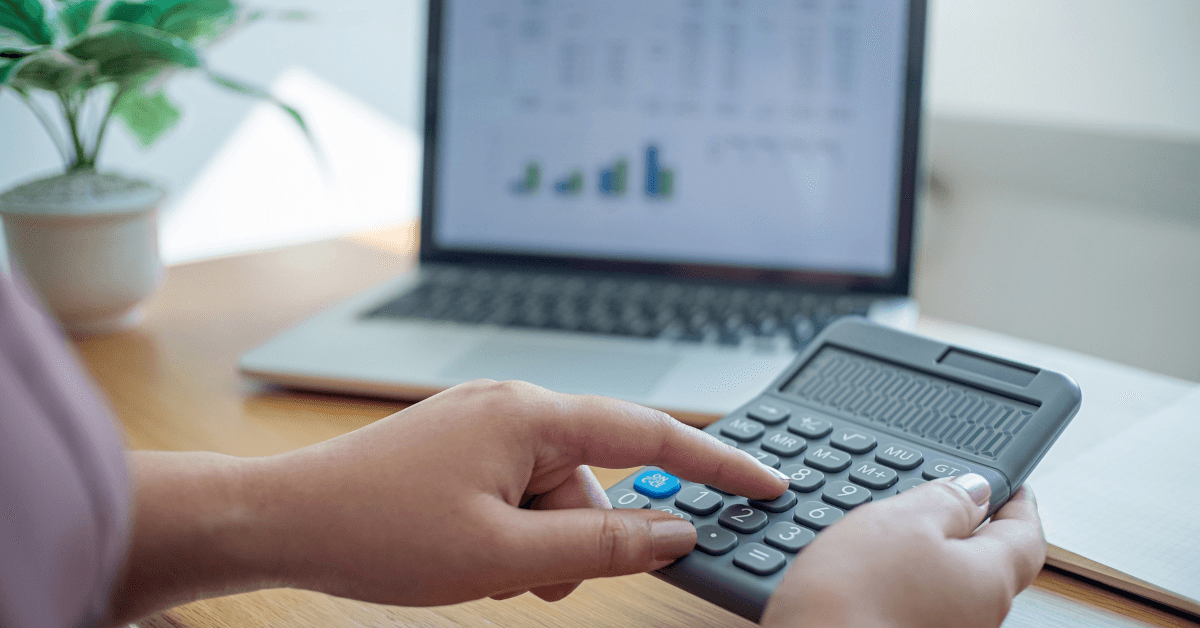When filing for bankruptcy, it’s essential to know just how much of your life will be affected. It’s a change that can be stressful and scary for some, but we hope you’ll have one less worry about bankruptcy with this blog.
Bank Accounts
When filing for bankruptcy, you must list every bank account you have. Your bank accounts are considered assets. A checking account and savings account must be listed separately, and they are valued at the amount of money they had when you filed your bankruptcy claim. You can set up your bank account to help pay off your debts during bankruptcy automatically.
It’s not a guarantee, but sometimes banks or credit unions will freeze your accounts while you are filing or have filed for bankruptcy. They tend to unfreeze them when they get approval from the court to release the funds.
In the future, your filing for bankruptcy shouldn’t affect your opening of another checking or savings account. Sometimes, with granted court approval, you are allowed to open another bank account during the course of your bankruptcy filings.
Family Accounts
If you file for bankruptcy, you might be wondering, how does it affect my family? If you share a bank account with your spouse or file for joint bankruptcy, they will also have the notice of bankruptcy on their permanent credit record.
If you have a child with a bank, account their account should remain untouched. They will not be affected by your filing for bankruptcy even if you are listed on their account. But, should you be found to transfer money to their account during the bankruptcy, that will be considered fraud, and it will have to be transferred back to your own bank accounts.
If you have questions about filing for bankruptcy contact The Law Offices Of Mayer & Newton at (865) 328-7993!


